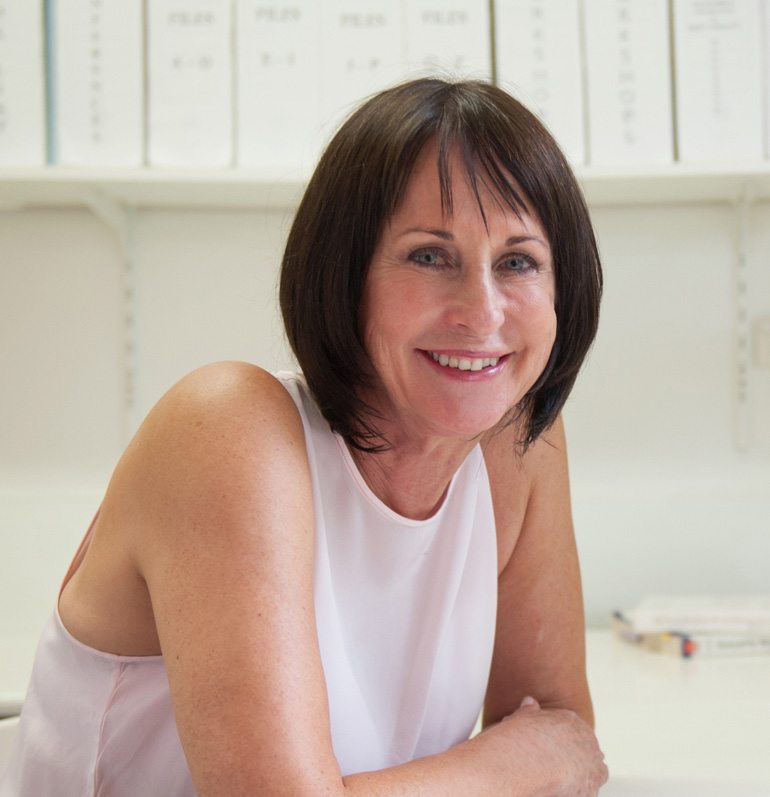Sex Therapy
“What is sex therapy?” I hear you ask.
The Urban Dictionary offers this helpful definition:
“A sex therapist is specially trained to help patients work through their sexual problems through sexual (oral, genital, and anal) intercourse with their patients. In this connexion they are permitted by the State to bypass the classical ethical boundaries of the therapeutic relationship.”
Well, now I appreciate the Urban Dictionary for many things, but on this, there is only one thing to say – which is NO!
Indeed, just to make it quite clear – NO, NO and NO! (And NO a few more times for good measure.)
What is this mysterious “State” which allows “sex therapy” in which the therapist has intercourse with the patient – it’s no state in Australia! And no reputable sex therapist does this.
So, if it’s not some sort of silver-bullet therapy-by-intercourse, then what is sex therapy?
It is a talking therapy.
Is sex therapy worth it?
Why Sex Therapy is Important
Sex therapy offers safety and opportunity for anyone concerned about their sex life, sexual health or sexual relationships to share that concern with an empathic, interested, open-minded, trained individual. The best sex therapist is non-judgemental and – as senior psychologist Dr Bruce Wilson says – is “on your side without joining the team” This means they maintain their objectivity and impartiality while supporting you with any sexual issue, no matter how personal, painful or embarrassing.
The training is a vital component of the process, too. Unfortunately, too many counselling professionals, even psychologists, psychiatrists, or GPs, offer well-meaning advice from a background of little or no specialist training. A reputable sex therapist has extensive, usually post-graduate, training in sexual health and relationships. Several Australian universities offer such degrees and I recommend you enquire about your therapist’s qualifications. Also, they will have affiliations with relevant professional organisations, plus practice insurance.

Free 15 Minute Consultation
Contact Susie to book your free consultation. Susie will explain the service and get a better understanding of your situation to provide professional advice.
Sex Therapist Explains
How Sex Therapy Can Help You
Sex therapy is helpful for a wide variety of concerns, and uses a variety of methods. Therapists may suggest “homework” – practical activities for clients to complete in the privacy of their own home. These activities might include experimenting with new positions, sex toys, sensate focus, mindfulness, or relaxation. Sometimes education is helpful, especially if clients have had little prior information about anatomy or how the body functions during sex. The therapist often plays a part in helping clients to identify and voice their sexual needs and the individual histories they bring to the relationship. Couples can benefit by practicing new ways of talking about sex together, with coaching from the therapist. Understanding the perspective you bring to the experience is often central to better intimate relationships.
Well-trained sex therapists will discuss more than just the physical act of sex. Emotions, relationship with one’s gender identity, sexuality and sexual preferences, the impact of these on others including partners – these may be discussed. Variety is one person’s turn on and another person’s turn off. People have a wide diversity of sexual preferences and identities, and may want to discuss these in a confidential setting, rather than in the cauldron of social media.
While in our society sexual images and information (often wrong) are everywhere, sex therapists understand that clients or patients naturally may find it embarrassing to talk about real life sex and their personal sexuality.

Specialised Services
For Help With:
- libido/desire problems, low libido, loss of desire
- mismatched libidos
- orgasm problems, anorgasmia, delayed/retarded ejaculation
- preparing for and after having your baby
- ejaculation and erection problems, erectile dysfunction (ED), premature ejaculation (PE)
- maintaining sexual and emotional connection in long-term relationships
- problematic pornography use, or other problem on-line or internet activities
- painful intercourse, vaginismus
- pelvic pain
- sex-related fear, shame, anxiety
- healing traumatic sexual or emotional history
- unwanted sexual behaviour by self or others
- exploring sexual or gender orientation or sexual identity, “coming out”
- asexuality
- exploring sexual needs and practices in a relationship
- confident sexual communication
- long-term affairs or “arrangements”
- polyamory and other non-traditional relationship and sexual options
- virginity, sexual shyness
- dating self-confidence
- affair recovery
- pre-marital counselling
- “wedding-night” knowledge and confidence
- sexual and relationship recovery from cult, strict religion
Your Therapist’s Role
The skilled therapist will ask about the client’s specific concerns, and may also ask about client’s health and sexual background, sex education, and beliefs about sex to complete their picture. Skilled therapists take care to make the first consultation as easy and natural as possible.
The actual doing is left to the patient or client, outside the room and in their “real life”. Sex is a highly personal activity. People bond, people get attached. This is exactly why therapists have “boundaries” with their clients, maintaining dignity, respect and personal space, thus leaving the patient free to develop feelings, activities, and attachments with appropriate others and to carry these forward into the future to advance their lives and well-being.
Susie says, “Sexual activity and intimate relations in general are deeply sensitive topics for most people. As a sex therapist, I often see how understandably difficult it is for clients to open up about sexual needs, feelings and desires. Yet I also see that finally putting needs and feelings into words in conversation with an empathic and informed listener can start an incredible process of clarification, information and growth.”
Free 15 Min Virtual Consultation
You can call me on 0414 447 870, email me at susie@susietuckwell.com.au or simply complete the form to tell me how I can support you. Referrals are not necessary.
Sessions are available in business hours, after hours and weekends, by appointment only.
